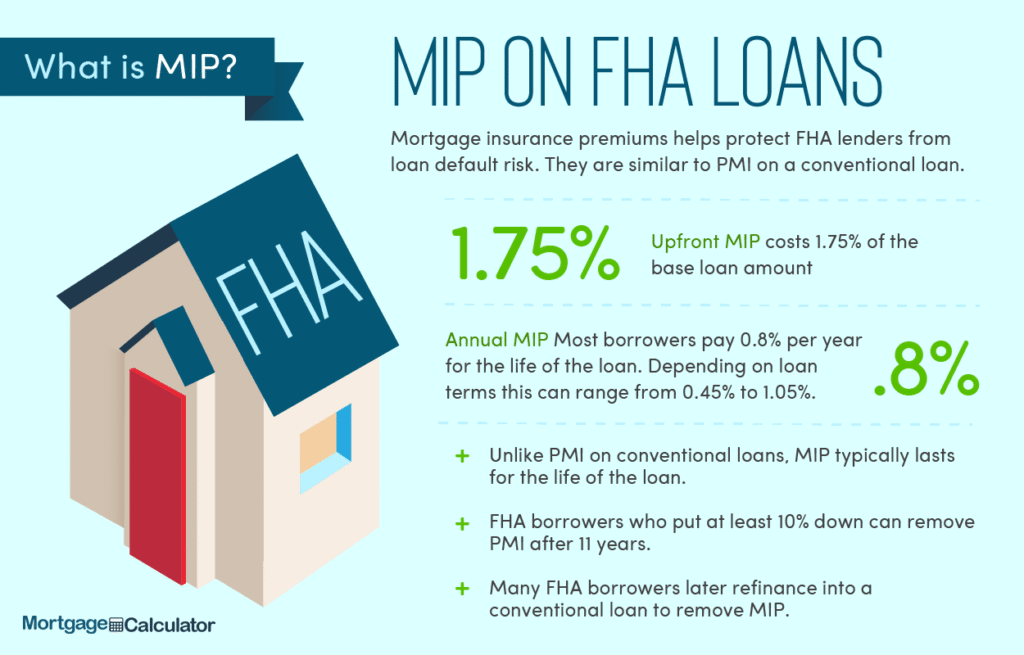In the complex world of investing, understanding your risk tolerance is essential for crafting a strategy that aligns with your financial goals and comfort level. A financial advisor plays a crucial role in helping you navigate this journey, ensuring that the investments you choose are well-suited to your long-term objectives and personal risk threshold. In this comprehensive guide, we will explore the concept of risk tolerance and how an advisor can help you find your investing sweet spot.
What is Risk Tolerance?
Risk tolerance refers to the degree of variability in investment returns that an individual is willing to withstand in their investment portfolio. This tolerance is influenced by several factors, including your financial goals, investment timeline, and your personal comfort with uncertainty. Understanding your risk tolerance is the first step towards making informed investment decisions.

Why Is Risk Tolerance Important?
Understanding your risk tolerance is crucial because it dictates the types of investments that are most suitable for you. Without this understanding, you could potentially invest in securities that are too risky, exposing yourself to undue stress and potential loss, or too conservative, potentially missing out on higher returns.
Assessing Your Risk Tolerance
Financial advisors have the tools and expertise needed to accurately assess your risk tolerance. They might use questionnaires, interviews, or financial assessment tools to get a comprehensive picture of your financial situation and goals.
Creating a Personalized Investment Strategy
Once your risk tolerance is established, an advisor can help create a personalized investment strategy. This strategy will take into account not only your risk tolerance but also your financial goals and timeline, ensuring that your investments are aligned with your overall financial plan.
The Role of Diversification
An essential aspect of finding your investing sweet spot is diversification. By spreading investments across various asset classes, you can mitigate risk while still pursuing growth. Your advisor can guide you in constructing a diversified portfolio that matches your risk tolerance.

Regular Portfolio Reviews
It’s important to remember that your financial situation and goals may change over time, and so might your risk tolerance. Regular reviews with your financial advisor ensure that your investment strategy remains aligned with your current circumstances and aspirations.
Adjusting Your Investment Strategy
Changes in your life may necessitate adjustments to your investment strategy. An advisor can help navigate these changes, ensuring that your portfolio continues to reflect your risk tolerance and goals.
Understanding Market Volatility
Market volatility is a normal part of investing. An advisor can provide perspective during periods of market fluctuation, helping to prevent reactive decisions based on short-term market movements.
Building Confidence in Your Investment Decisions
With a qualified advisor, your investment strategy is based on thorough analysis and personalized advice, building confidence in your financial decisions and strategy.
Education on Investment Concepts
A significant aspect of an advisor’s role is education. By understanding basic investment concepts and how they relate to your risk tolerance and goals, you’re better equipped to make informed decisions.
The Benefit of Experience
An advisor’s experience in navigating various market conditions can be invaluable, especially during periods of uncertainty. Their guidance can help steady your course and maintain focus on long-term objectives.
Integration with Your Financial Plan
Effective investment strategies are just one component of a comprehensive financial plan. An advisor ensures that your investment strategy complements other elements of your financial life, from retirement planning to estate management.
The Importance of Communication
Open and regular communication with your advisor ensures that any concerns you have can be addressed promptly and that your strategy remains in sync with your goals.
Choosing the Right Financial Advisor
Finding an advisor who understands your financial goals and values is essential. This relationship is a partnership, and trust is its foundation.
Conclusion
Finding your investing sweet spot with the help of a financial advisor allows you to navigate the complexities of the market with confidence. By understanding your risk tolerance and crafting a strategy that aligns with your financial goals, you can pursue long-term success on your terms.
Frequently Asked Questions
How often should I review my investment strategy with my advisor? It is advisable to review your investment strategy annually or after significant life changes.
Can risk tolerance change over time? Yes, as your personal and financial situations evolve, so can your risk tolerance.
Is diversification guaranteed to protect against loss? While diversification can help reduce risk, it does not guarantee against loss.
How can I learn more about investment concepts? Your financial advisor is a great resource for education, and there are numerous books and online resources available as well.
What should I look for in a financial advisor? Look for someone with the appropriate credentials, experience, and an investment philosophy that matches your own.


